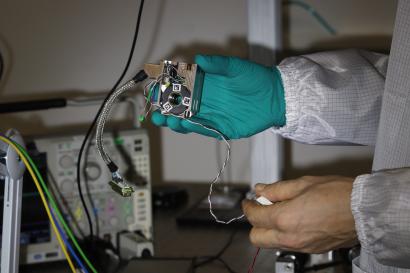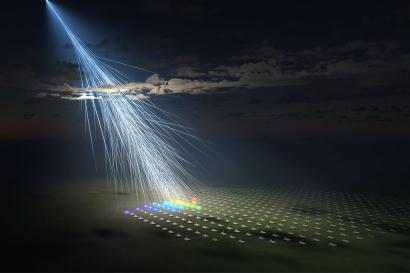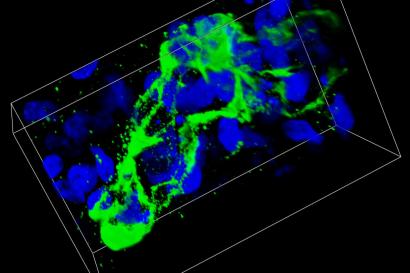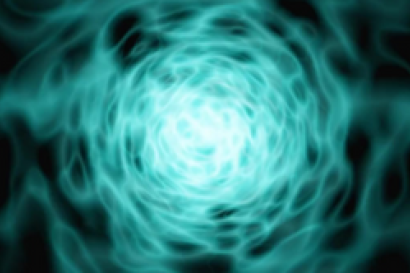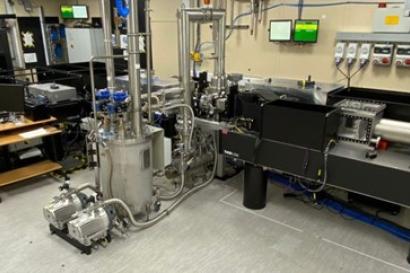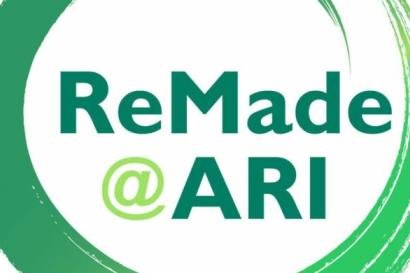The European Space Agency has greenlit the LISA mission. The satellite construction is contributed to by Czechs
The European Space Agency has approved the so-called adoption of the Laser Interferometer Space Antenna (LISA) mission with a budget of €1.75 billion. A mission adoption is an important milestone in the development of space projects, where the European Space Agency takes a project from the assessment phase to the actual implementation of concepts and technologies.
